Watermelon owes its claim to fame as one of the world’s healthiest foods to three facts: One, its high water content (about which, more in a moment); two, its high content of lycopene; and three, its high levels of vitamin A and carotenoids, including the important but relatively unknown carotenoid beta-cryptoxanthin.
Watermelon Is Extra Filling, Helps with Weight Loss
The fact that watermelon is mostly water falls squarely under the heading of “duh” for most people, but that’s a pretty important fact. For years, Dr. Barbara Rolls has been doing research at Pennsylvania State University on appetite, satiety, and weight loss. Her findings have been unequivocal: High-volume foods (defined as those that take up a lot of space for very few calories) are one of your best allies in the quest to lose weight. Watermelon is 92 percent water. It’s the very definition of a “high volume” food.
Rolls has found that water as part of food has a very satisfying—and filling—effect. For example, soup made of vegetables and water will fill people up and cause them to eat fewer calories than the same amount of vegetables eaten along with a glass of water. “When you add water to a bowl of vegetables as in soup, the soup has greater satiety than when the vegetables are eaten alone with a glass of water,” Rolls says. “When water is incorporated into food or shakes, satiety is increased and (people) ultimately eat less food.”
The Big Myth About Watermelon
In the low-carb world, watermelon is considered “fruit non grata”. It’s not that it’s not nutritious—you’ll read about that in a moment—but rather, it’s believed to be a very high sugar fruit that you should stay away from if you’re trying to control blood sugar. Anti-watermelon folks point to the high glycemic index of the fruit (around 76), meaning that it raises blood sugar a lot and does it quickly. When you’re trying to control blood sugar and insulin– say you’re trying to lose weight or you’re just trying to get healthier—high blood sugar and high insulin are not something you want.
The truth is a little more complicated. The glycemic index is based on a “serving” of 50 grams of carbohydrate, not 50 grams of total weight. A 10-ball serving of watermelon is about 120 grams by weight, but it’s mostly water. There’s actually only 6-9 grams of carbohydrate in that serving. That’s why the glycemic load of watermelon—a far more meaningful and relevant measure of a food’s impact on blood sugar than glycemic index– is only about 4 (very low). The glycemic load takes into account portion size. So sure, if you ate 50 or 60 melon balls, you’d be closer to the amount of actual carbohydrate that was used in the study to determine glycemic index. But if you ate a normal, smallish portion of watermelon (i.e. the 10 balls), it would have minimal impact on your blood sugar.
The problem, of course, is, that it’s very easy to eat that “50 ball portion”. I’ve known people who could knock off half a melon at one sitting (including myself!). But if you can keep the portion small, then the glycemic impact of this fruit is nowhere near what people think it is.
That said, for people who are extremely sugar sensitive, have metabolic challenges (i.e. metabolic syndrome, pre-diabetes, obesity or diabetes) and need to watch their sugar very carefully, this is probably not as good a choice as berries.
Lycopene in Watermelon May Reduce Risk of Prostate Cancer
But water, low calories and a low glycemic load (for a reasonable portion!) aren’t the only good things about watermelon. Watermelon is a great source of a carotenoid called lycopene, which in several studies has been shown to be associated with lower rates of prostate cancer. In one study, at the Karmanos Cancer Institute at Wayne State University, men facing surgery for prostate cancer were given 30 mg of lycopene for three weeks before undergoing surgery. The men who received the lycopene supplement had lower prostate-specific antigen (PSA) levels and less aggressive tumors than the non-supplemented control group. Plus, their tumors were smaller.
Other studies have shown that people who eat lots of tomatoes and tomato products have less prostate cancer, a fact that has largely been attributed to the high lycopene content of tomatoes. And in a review of seventy-two studies, one researcher reported fifty-seven associations between blood lycopene levels and reduced rates of cancer, thirty-five of which were statistically significant. The benefit was strongest for prostate, lung, and stomach cancers, although protective associations were also found for cancers of the pancreas, colon, rectum, esophagus, oral cavity, breast, and cervix.
Other researchers have pointed out that lycopene supplements may or may not give the desired effect—there’s good reason to think these incredible plant compounds work best when found in their natural surroundings along with other food ingredients (like other carotenoids). That’s another reason I like watermelon—it contains a nice supporting cast of other carotenoids and sources of vitamin A like beta-carotene and the less well-known beta-cryptoxanthin. In one study, beta-cryptoxanthin reduced the risk of lung cancer by 30 percent; in another study, it provided a 41 percent reduction in the risk of developing rheumatoid arthritis. And in rats, beta-cryptoxanthin has been found to have a bone-building effect.
High on Watermelon?
Interesting story: Medical doctor and yogi Dharma Singh Khalsa, M.D., sings the praises of watermelon as a detoxifier. Khalsa recounts a visit to Brazil in which he went on a watermelon fast: “After just three days I was very tuned in and meditating very deeply. This was one of the greatest highs I have ever experienced. When I boarded the plane for home, I was definitely in an altered state.”
Watermelon: low calorie, high volume, filling, satisfying, thirst quenching, and with a nice dose of vitamin A and carotenoids, including cancer-fighting lycopene. Plus it’s absolutely delicious. What’s not to like?

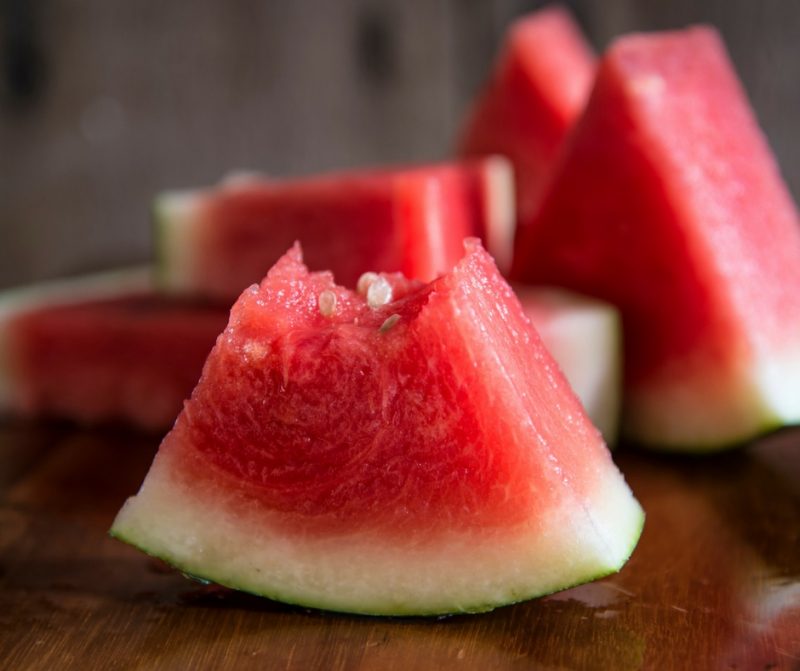



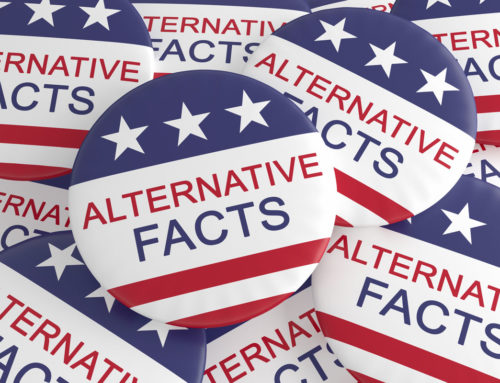
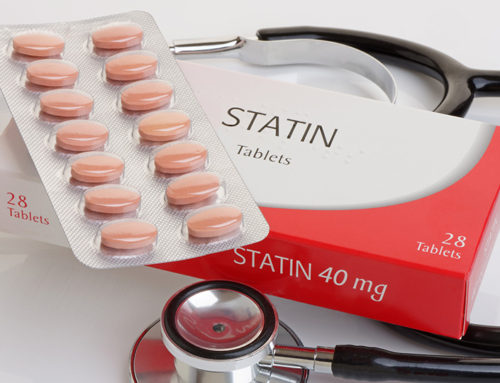
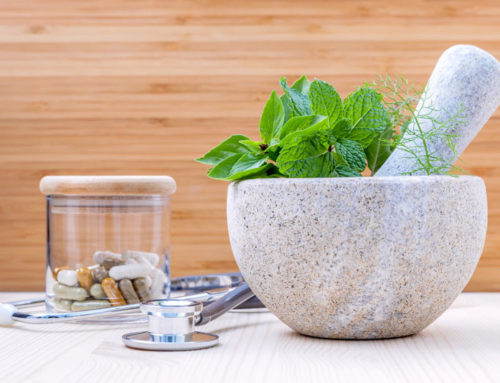
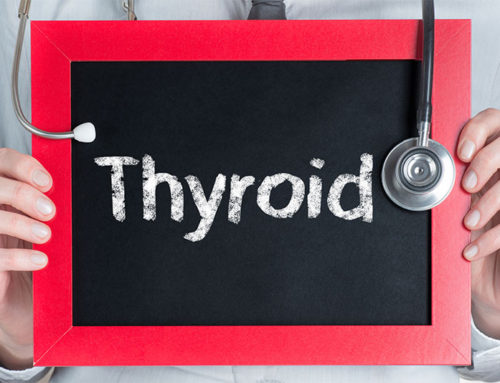





Thank you for the article. You explain well the goodness of such a delicious and popular fruit, thus providing future guiltless enjoyment for me and a family member who questioned me on this very topic recently.